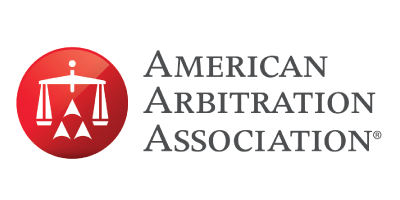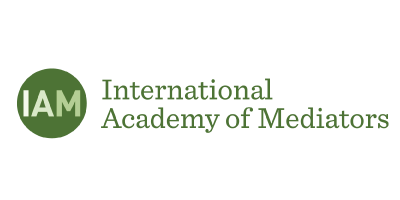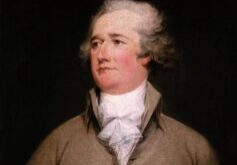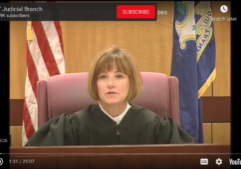Early Dispute Resolution
by Judge Elaine Gordon (ret.)
November 2023

Elaine Gordon is a retired Superior Court judge and founder of Gordon ADR. She is a member of the National Academy of Distinguished Neutrals and a Distinguished Fellow of the International Academy of Mediators.
The American Arbitration Association Commercial and Construction Rules now encourage parties to consider retaining a mediator when they file a demand for arbitration. It is no longer unusual for the parties, shortly after an arbitrator is chosen, to ask for the matter to be held in abeyance while they conduct limited discovery followed by early mediation. The AAA is not alone; other arbitral forums like the International Institute for Conflict Prevention and Resolution (CPR,) and the International Chamber of Commerce (ICC) also encourages early mediation. Dispute clauses in contracts often include a requirement for pre-suit mediation.
Since only a small percentage of cases go to trial, it makes sense to explore settlement earlier rather than later. There are several benefits to this path. If mediated early, a potential settlement can meet a client’s need for closure, confidentiality, control of litigation costs, less business interruption, and insulation from reputational harm.
A phone call or a letter sent by one counsel to the other outlining the case, and why an early resolution might be a promising idea, starts the ball rolling. Rather than signaling weakness, it is often the side with the strongest case that initiates the request.
I have mediated a considerable number of pre-suit matters, as well as settlement negotiations undertaken early in the life of the case. In these cases, the parties have entered into tolling and confidentiality agreements. The parties have agreed to limited discovery or no discovery at all. They often agree to an exchange of expert opinions.
I have been retained, in early resolution cases, to facilitate discussions about necessary discovery, who needs to attend the mediation, potential pitfalls we may encounter as well as how litigation will be conducted if we do not settle early. These cases have covered a variety of matters including discrimination claims, executive compensation disputes, contract disputes, professional practice breakups, trust and estate disputes, minority shareholder claims, valuation disputes, personal injury matters, and construction cases.
Mediating early in the life of the dispute often resolves the matter before litigation can harden the parties’ positions and intensify emotions. Even if the matter does not settle, early mediation helps shape and narrow the issues and provides each party with an idea of how the other views the dispute.
You may also be interested in ...































